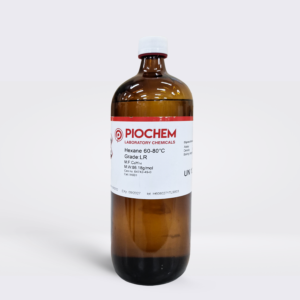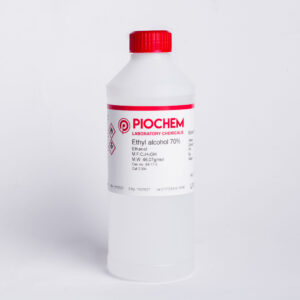Yeast extract is prepared by growing yeast in a carbohydrate-rich medium, such as molasses or corn steep liquor. The yeast is then harvested, washed, and resuspended in water. The cells are then broken down by heat or enzymes, releasing the nutrients inside.
Yeast extract is a good source of nitrogen and other nutrients that are essential for bacterial growth. It is also a good source of vitamins, which can help to improve the growth and health of bacteria.
Yeast extract is used in a variety of bacteriological applications, including:
- Growth media: Yeast extract is a common ingredient in growth media for bacteria. It provides the nutrients that bacteria need to grow and multiply.
- Selective media: Yeast extract can be used in selective media to promote the growth of certain types of bacteria while inhibiting the growth of others.
- Differential media: Yeast extract can be used in differential media to distinguish between different types of bacteria based on their metabolic characteristics.
- Enriched media: Yeast extract can be used to enrich media with nutrients that are not naturally present in the environment. This can help to improve the growth of bacteria that are difficult to culture.
Yeast extract is a versatile and important tool in bacteriology. It is used in a variety of applications to promote the growth and study of bacteria.
Here are some of the benefits of using yeast extract in bacteriology:
- It is a good source of nitrogen and other nutrients that are essential for bacterial growth.
- It is a good source of vitamins, which can help to improve the growth and health of bacteria.
- It is a versatile ingredient that can be used in a variety of applications.
- It is generally considered to be safe for use in bacteriological applications.
However, there are also some potential drawbacks to using yeast extract in bacteriology:
- It can be expensive.
- It can be difficult to find in some areas.
- It can be contaminated with bacteria, so it is important to use it carefully.





Reviews
There are no reviews yet.